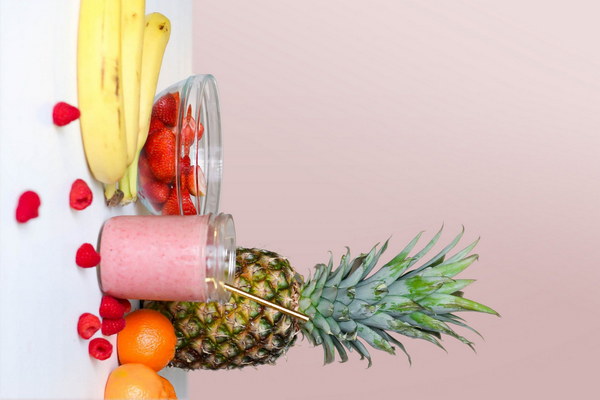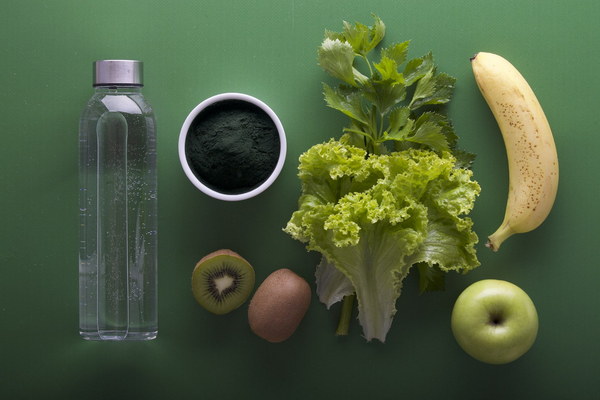Postpartum Qi and Blood Tonification Essential Tips for a Healthy Recovery
Postpartum recovery is a critical period for new mothers, as it marks the time when the body begins to heal and restore itself after childbirth. One of the most crucial aspects of this recovery process is tonifying the Qi (vital energy) and blood, which are essential for the overall well-being of both the mother and the baby. In this article, we will explore the importance of postpartum Qi and blood tonification, and provide practical tips to help new mothers achieve a healthy recovery.
The Importance of Postpartum Qi and Blood Tonification
During pregnancy, the body undergoes significant changes to support the growth and development of the fetus. After childbirth, these changes can leave the mother's body depleted of Qi and blood. Without proper tonification, new mothers may experience fatigue, weakness, mood swings, and a slower recovery from the physical stresses of labor.
Qi and blood are the foundation of a person's health, and when they are deficient, various problems can arise. Qi is responsible for the body's energy and vitality, while blood is essential for the nourishment of tissues and organs. Therefore, postpartum Qi and blood tonification is essential for:
1. Restoring physical strength and energy
2. Enhancing the immune system
3. Improving mood and mental health
4. Facilitating lactation

5. Reducing the risk of postpartum complications
Practical Tips for Postpartum Qi and Blood Tonification
1. Proper Nutrition: A balanced diet rich in iron, vitamins, and minerals is crucial for postpartum recovery. Incorporate foods such as liver, red meat, fish, eggs, beans, and leafy greens into your meals. Additionally, consume iron-rich foods with vitamin C to enhance iron absorption.
2. Herbal Remedies: Traditional Chinese medicine (TCM) offers various herbal remedies for postpartum Qi and blood tonification. Ingredients such as Angelica sinensis, Ligusticum chuanxiong, and Rehmannia glutinosa are commonly used to support the mother's recovery. Consult with a TCM practitioner before starting any herbal treatments.
3. Acupuncture: Acupuncture can help stimulate the body's natural healing processes and promote Qi and blood flow. This therapy can also alleviate postpartum pain, improve mood, and enhance lactation.
4. Gentle Exercise: Gentle postpartum exercises, such as walking, stretching, and prenatal yoga, can aid in the recovery process. These activities help improve circulation, strengthen muscles, and boost energy levels.
5. Adequate Rest: Rest is vital for postpartum recovery. Ensure you get enough sleep, take naps when needed, and delegate household chores to allow your body to heal.
6. Breastfeeding: Breastfeeding not only provides your baby with essential nutrients but also helps in the recovery process. The act of breastfeeding stimulates the production of oxytocin, a hormone that aids in uterine contraction, reduces postpartum bleeding, and promotes the production of breast milk.
7. Stress Management: Postpartum stress can hinder the healing process. Practice relaxation techniques such as deep breathing, meditation, and journaling to manage stress levels.
8. Avoiding Cold and Dampness: In TCM, cold and dampness are considered to be harmful factors that can impede the healing process. Avoid cold drinks, ice, and cold environments, as well as foods that may increase dampness, such as dairy products and greasy foods.
In conclusion, postpartum Qi and blood tonification is essential for a healthy recovery and overall well-being. By following these practical tips, new mothers can ensure they receive the necessary support to restore their vitality and strength after childbirth. Remember, it's important to consult with healthcare professionals and practitioners before starting any treatment or making significant changes to your routine.









